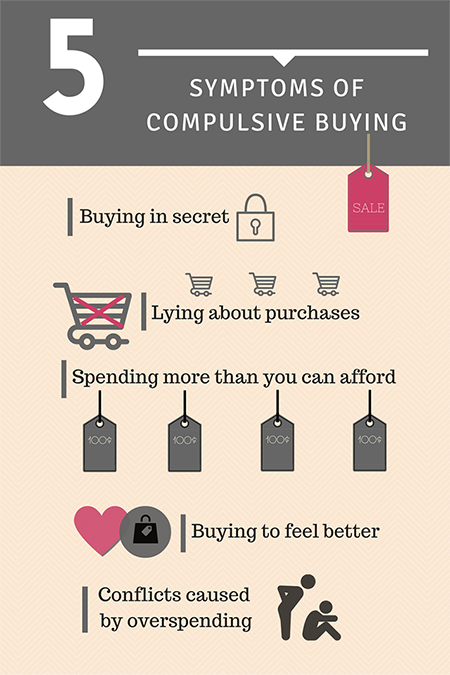Your brain on shopping - a look at compulsive buying disorder
“Up to 70 per cent off all electronics”, “50 per cent off children’s clothing”, “HOLIDAY SALE ON NOW!”
Statistics Canada reports that retail sales made in November and December 2014 represented 18 per cent of yearly total sales. For people with compulsive buying disorders, which represents five per cent of Canadians, all of the Holiday noise around shopping can make it hard to just say no.

Dr. Ronald Fraser
According to Dr. Ronald Fraser, director of the Inpatient Detoxification Unit at the McGill University Health Centre (MUHC) and the Extended Care Borderline Personality Disorder Clinic, a compulsive buyer is someone who is dependent on thoughts of shopping and the euphoric feeling that accompanies it.
“Addictive behaviours, like compulsive shopping, aren’t about obtaining the object or item, it is about making ourselves feel better. It is a self-soothing technique,” says Dr. Fraser, who notes that there can be genetic links. “For example, a person may have a parent who is an alcoholic so they decide to never drink alcohol because they saw what it did to their parent, but instead they deal with their addictive tendencies by self-soothing through compulsive shopping.”
When shopping becomes an addiction
Many people love to shop and get a good deal, but does this constitute compulsive buying? What differentiates regular shopping versus a more problematic behaviour is impulse control.
“To have a diagnosis of compulsive buying disorder, there has to be some sort of functional impairment. The person spends so much time looking for sales that it interferes with their daily activities” says Dr. Fraser. “For instance, they do not pick up their children from school or they do not take a shower because of fear they will miss a flash sale.”
For the compulsive buyer, the act of making a purchase is a way to deal with distress. When the purchase is made, “they get a rush of ‘joy juice’, dopamine. It rushes to the brain and it makes the person feel better,” he says. “But the pleasure felt from shopping is very short lived. It is not a long-term solution for managing stress. The person gets a blip of pleasure, it wears off and then they have to buy again. They end up in a cycle and then it becomes compulsive. It’s not about needing it or wanting it, it becomes about the behaviour.”
If a person is diagnosed with compulsive buying disorder, or if someone is concerned that a family member or friend has this condition, what can be done? Dr. Fraser explains that “the key is moderation and a healthy relationship with shopping, which is not always so easy to do.”
Treatment for compulsive buying disorder includes cognitive behaviour therapy, which has been found useful as it gives people skills to manage the compulsion and to deal with distress. It can also be treated with anti-craving medication that reduces the urge to engage in compulsive behaviours. Some self-help groups exist, such as Debtors Anonymous, which is modeled on the 12-step program of Alcoholics Anonymous. And solutions can include taking away credit and debit cards and limiting access to money, but Dr. Fraser says that many people will not agree to this. “They do not like the external control because they find it humiliating, but sometimes it’s necessary since the behaviour is compulsive and it is hard to control.”
Equipping patients with the right tools
Although treatment exists to help compulsive shoppers control their addiction, few choose to seek help because the consequences are delayed, whereas someone who has a drug addiction problem will see immediate consequences if they overdose and end up in the Emergency Department. However, conflict in relationships can arise when a person makes purchases they cannot afford, impacting the household budget. Also, not much research has been conducted with this disorder.
“Ultimately, any successful treatment of compulsive buying disorder rests on equipping the person with a set of skills for practicing self-control,” says Dr. Fraser. “Addiction is not a lack of willpower; it is a lack of skills. You have to provide people with skills to manage their distress in a way that does not involve purchasing things.”
Resources
Debtors Anonymous Montreal: http://www.debtorsanonymous.net/

